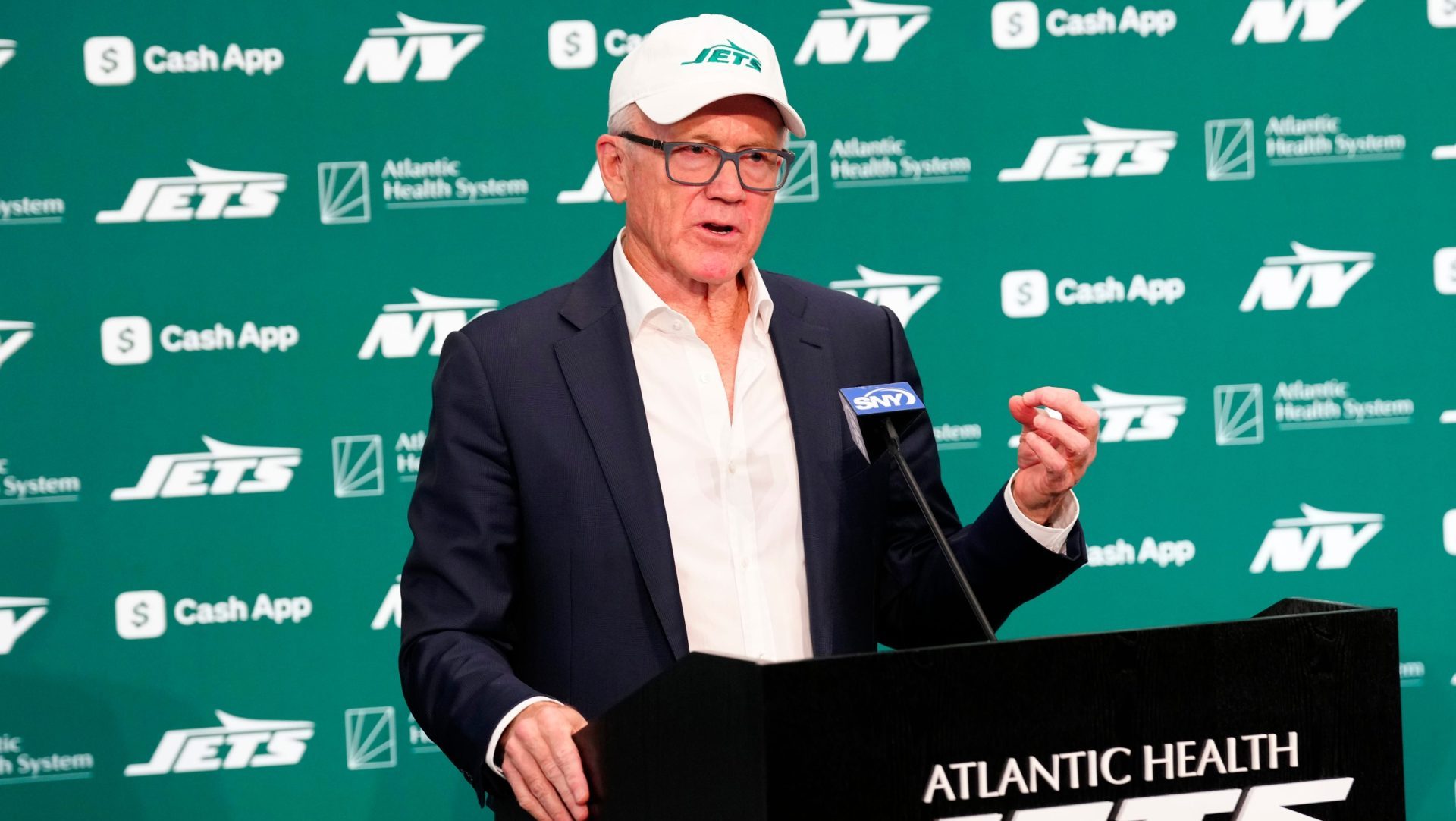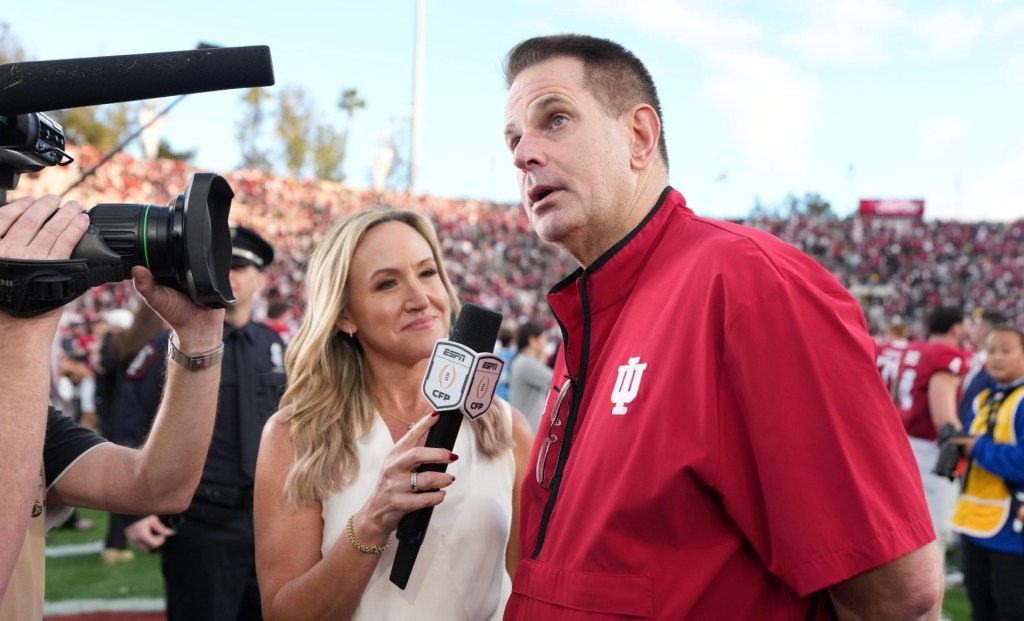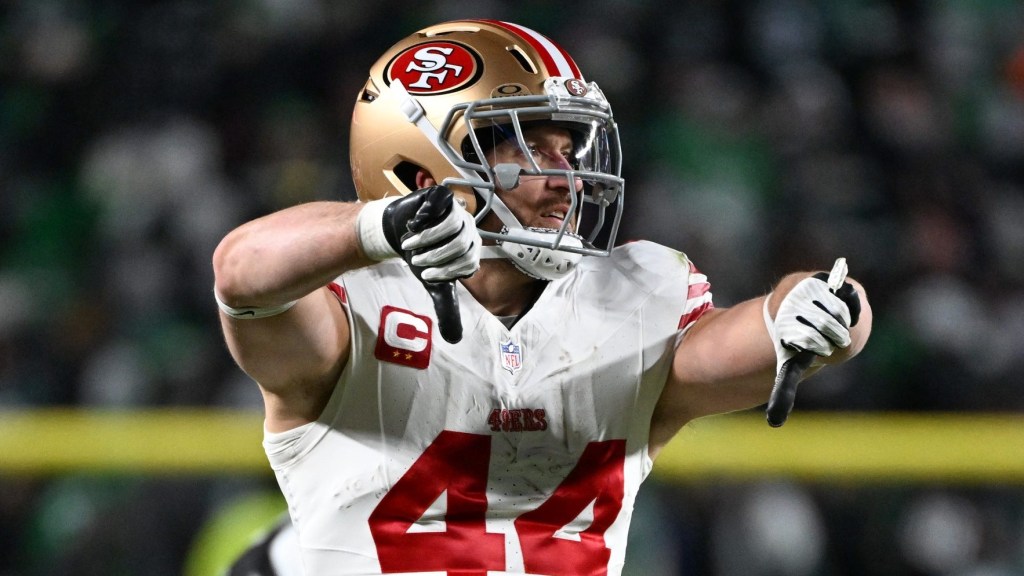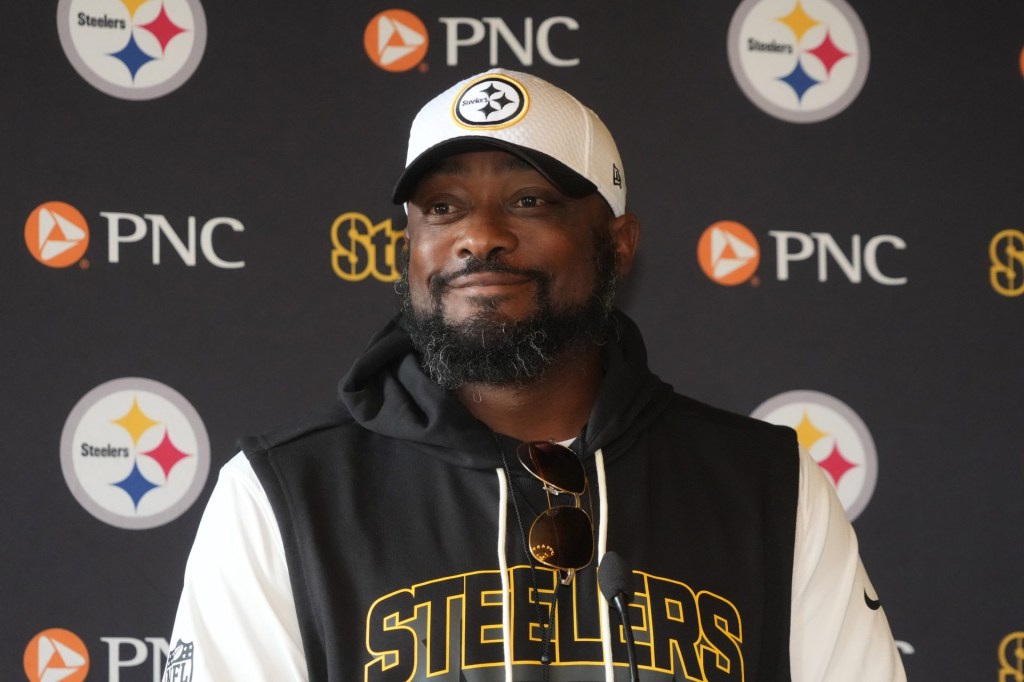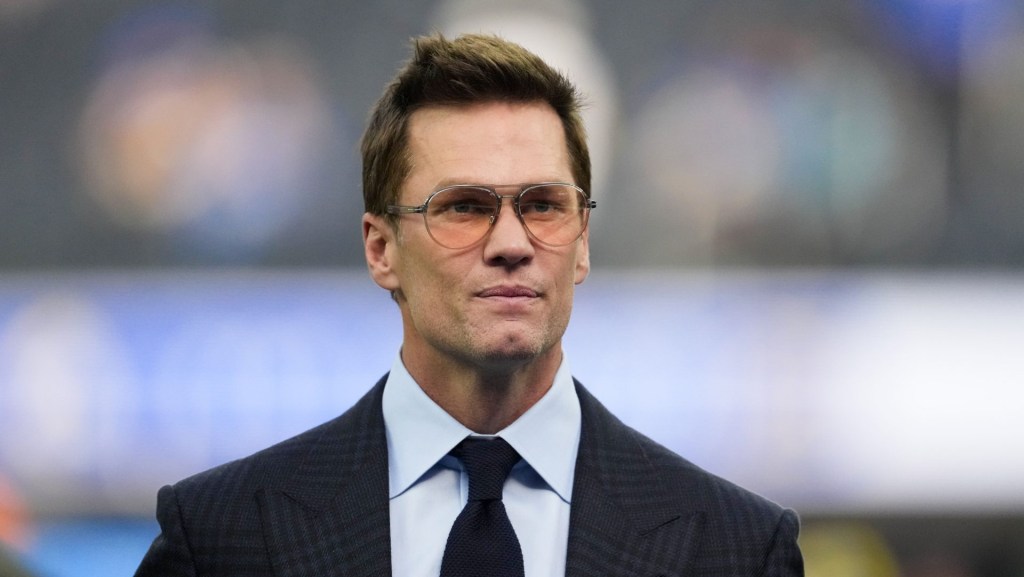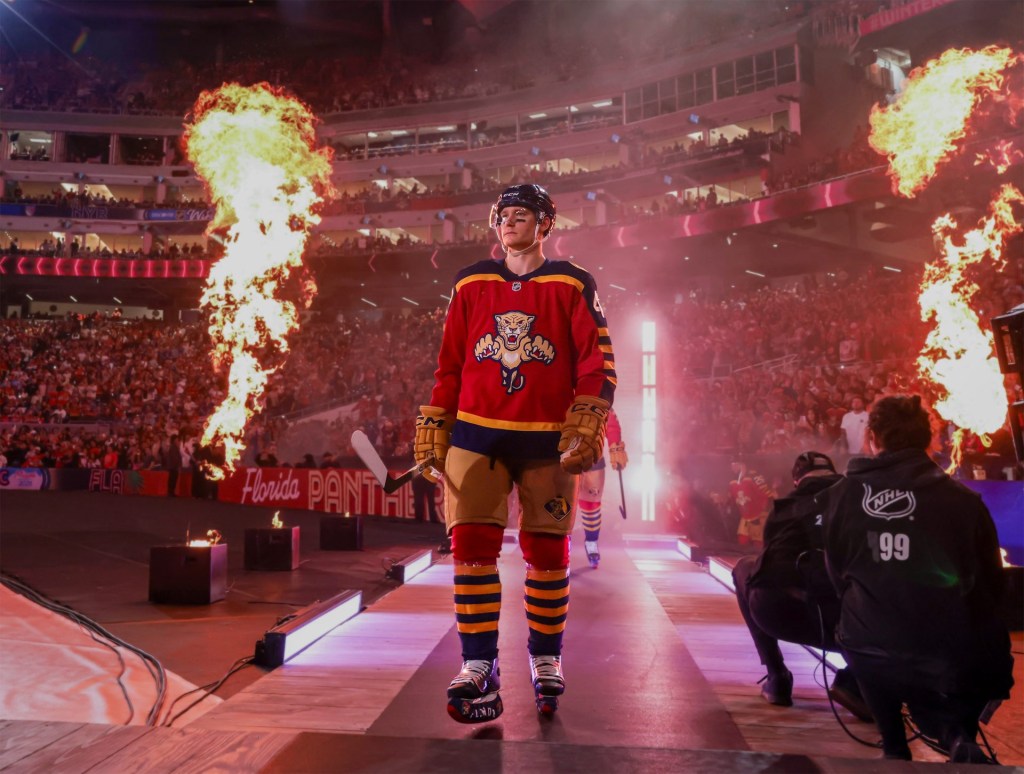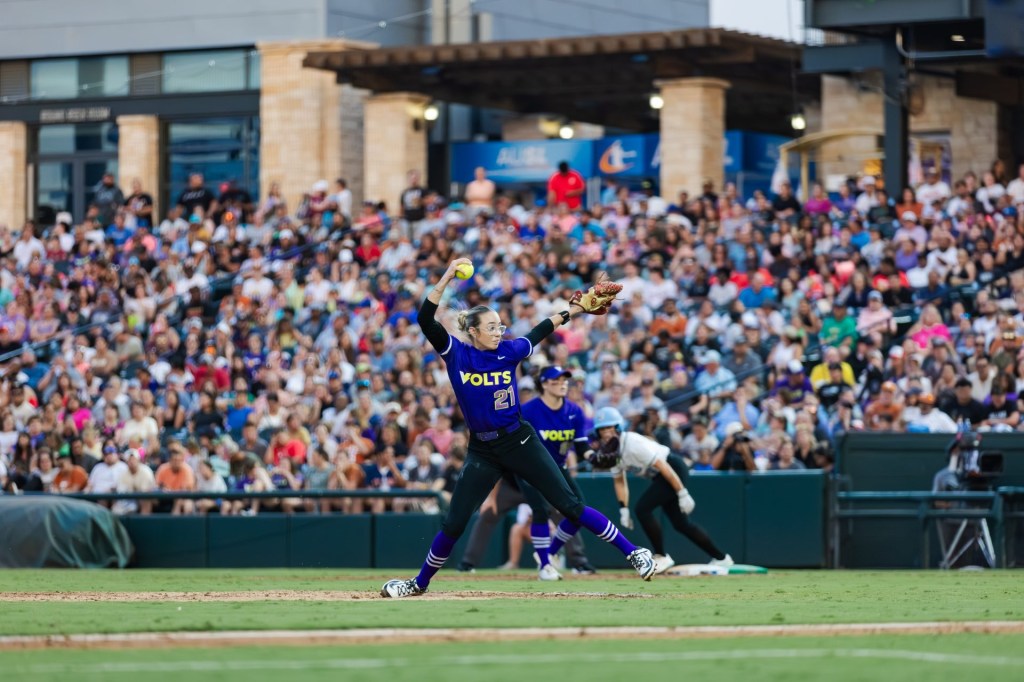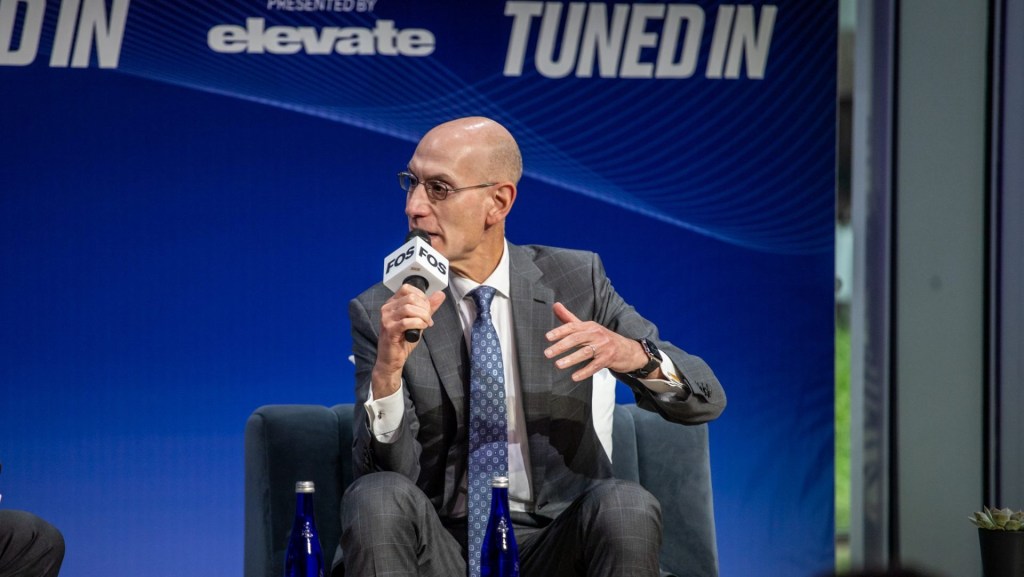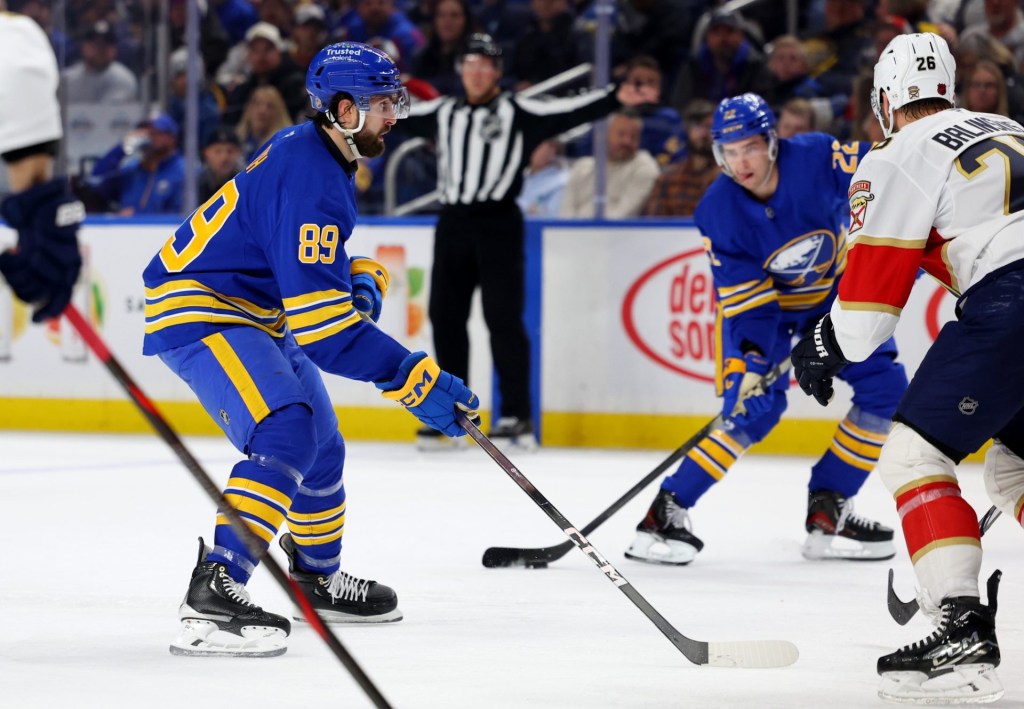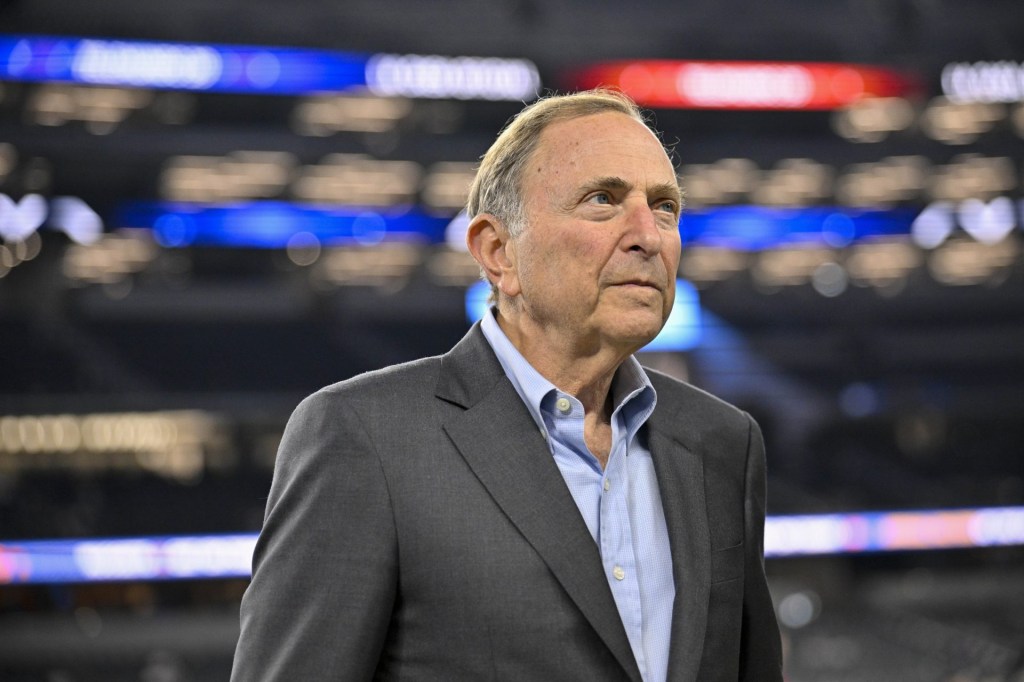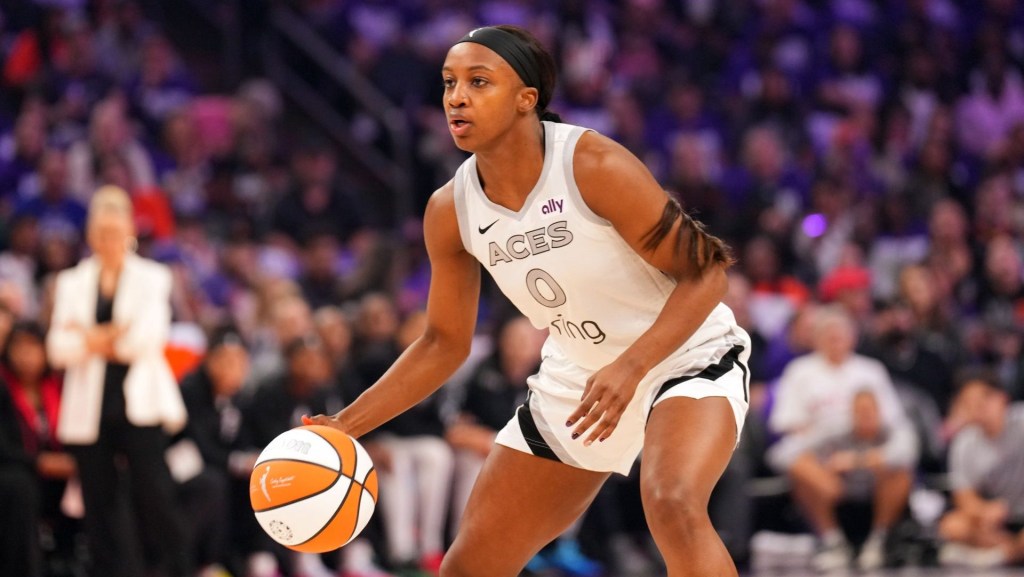For the past three years, the NFLPA has released an annual report card that grades all 32 teams on everything from ownership to the way the organization treats player’s families.
The league’s owners want the practice to stop and are claiming that the report cards violate the NFL’s collective bargaining agreement.
In August, NFL lawyer Lawrence P. Ferazani Jr. sent a letter to the league’s management council to NFLPA general counsel Tom DePaso. It quoted a CBA clause that says the union must “use reasonable efforts to curtail public comments by club personnel or players which express criticism of any club, its coach, or its operation and policy.” News of the league filing a grievance against the players was first reported by ESPN.
A week ago, the NFLPA sent an email to its players informing them of the grievance, while saying it plans to go through with the report card process this year despite it.
“We have responded to this grievance with our intention to fight against this action and continue what’s clearly become an effective tool for comparing workplace standards across the league and equipping you to make informed career decisions,” the email, which was obtained by Front Office Sports, said.
The report cards first started in 2023 and are usually released in February when the NFL Draft combine is underway. They grade teams on a range of categories including the owner, facilities, meals, family benefits, and travel accommodations. Other players unions have internal grading systems for teams, but the NFLPA is the only one that publicly releases them, making them the envy of their peers in pro sports.
Jets owner Woody Johnson, who received an F in the ownership category of the most recent report cards called them “totally bogus” at a league meeting in March and hinted that they could be a potential CBA violation.
The grievance, obtained by Front Office Sports, said the NFL has asked the union to stop releasing the report cards twice: once in 2024 and again this past June. The NFLPA declined both times.
Experts say the NFL’s argument is weak.
“I have to say the NFL grievance strikes me a bit as a fourth-and-long play,” Jodi S. Balsam tells Front Office Sports. Balsam was previously a lawyer for the NFL and now teaches at Brooklyn Law School. “A little bit desperate,” she says. “They don’t like the team report card survey because it’s working.”
According to the grievance obtained by FOS, the league claims the report cards violate a CBA clause that says both the league’s owners and union must “use reasonable efforts to curtail public comments by…players which express criticism of any club, its coach, or its operation and policy, or which tend to cast discredit upon a Club … or any other person involved in the operation of a Club.” In the grievance, the NFL’s management council wrote the report cards “very clearly and intentionally “express criticism” of team coaches, owners, and staff.
“The National Labor Relations Act already prohibits the NFL from badmouthing the union,” Balsam says. “Now it looks like in the CBA they’re trying to get that prohibition to be reciprocal. The National Labor Relations Act does not prevent the union from criticizing management. Frankly I’m not sure a reciprocal prohibition is enforceable given our national labor policy…
“Does the team report card survey amount to ‘criticism’ or ‘casting discredit’?” Balsam added. “I would say as an academic who routinely issues letter grades to students, issuing a grade doesn’t count that way. I’m giving them feedback or assessing a performance. Is that criticism?”
In the grievance, Ferazani also wrote that both the NFL and the NFLPA previously agreed, in the CBA, to conduct a survey every three years “regarding the adequacy of player care and other relevant topics.” The NFLPA has been open to doing the survey, but the NFL has refused to conduct one with the union while it continues to release the report cards, a source with knowledge of the situation told FOS. ESPN reported that the survey in the CBA was last conducted in 2015, eight years before the report cards started.
“I’m not sure this goes anywhere. If I’m an arbitrator I might find a violation, a technical violation for the CBA for the language being used that connotes disparaging terms,” says Robert Boland, a sports law professor at Seton Hall Law school who previously represented NFL players as an agent. “And issue what penalty? ‘Don’t do this anymore.’ Or ‘edit your report cards that you release publicly in a manner that doesn’t violate this section.’”
The NFL is trying to have the grievance heard by an arbitrator in December, according to ESPN, in hopes of having a decision by February 2026–before the NFLPA would typically release its latest grades.
